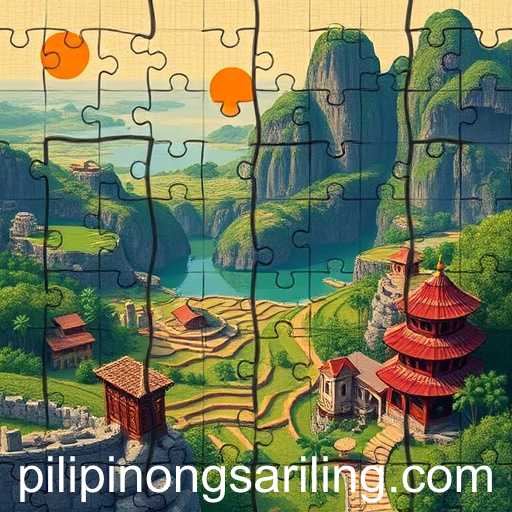Exploring the growing trend of indigenous games in the Philippines and their impact on the global gaming industry.
In recent years, the Philippines has witnessed a remarkable surge in the popularity of indigenous games, resonating deeply with both local and international audiences. As the digital landscape expands, these games are carving out a unique space in the global gaming market, bringing the rich cultural tapestry of the archipelago to the forefront.
The year 2025 has seen an unprecedented rise in interest around 'pilipinong sariling', a term that represents homegrown Filipino content. This trend has brought attention to games that incorporate traditional Filipino folklore, myths, and narratives, often overlooked in mainstream gaming platforms. This movement not only promotes cultural heritage but also serves as a medium for storytelling that bridges generations.
Several startups and established game developers in the Philippines are at the forefront of this cultural revitalization, creating games that are not only entertaining but also educational. These games immerse players in a virtual world where they can experience the vibrant traditions and stories of different Filipino ethnic groups, from the Tagalog to the Cebuano.
The success of these games in the international market has been noteworthy, as they cater to a global audience hungry for fresh and diverse narratives. This development has positioned the Philippines as a noteworthy player in the video game industry, showcasing its capability to produce culturally rich content that appeals worldwide.
Real-life events have also played a significant role in this trend. Festivals and events promoting Philippine culture have helped boost interest, encouraging game developers to create content that resonates with these themes. Moreover, government support through funding and initiatives aimed at fostering local talent has contributed significantly to this growing industry.
As we move forward, partnerships between educational institutions and development studios are expected to grow. These collaborations aim to use technology as a tool for cultural preservation and education, providing a platform for young talents to create games that honor their heritage while advancing their technical skills.
Overall, the rise of indigenous games in the Philippines is not just about entertainment but is deeply intertwined with national identity and pride. It marks a dynamic shift in how culture and technology intersect, offering a promising path for future generations to engage with their roots in interactive and meaningful ways.




